In 1980, recent graduate Alfred Okoigun noticed that Nigerian oil refineries were still importing essential spare parts from abroad – a lengthy and inefficient process. He saw an unmissable business opportunity. With only $680 at his disposal, he quit his job, started his own company and became one of the first agents in the country to represent some of the major oil and gas maintenance firms in the world.
Today, 38 years after its humble beginnings, ARCO Group is a leading oil and gas servicing firm that aims to be a billion-dollar company by 2025. Alfred Okoigun, now the Group Managing Director of the company, has strong faith in Nigeria’s undeniable potential and has not forgotten the hardships of his start-up journey. ARCO supports young entrepreneurs by sponsoring seminars and scholarships for young engineering students, and Alfred Okoigun has received many awards for his contributions to the national oil and gas sector.
Tharawat Magazine had the opportunity to sit down with Alfred Okoigun to discuss the evolution of the oil and gas industry, the importance of having an adaptive mindset and the unique challenges that entrepreneurs and family businesses face in Nigeria.

Tell us about ARCO’s founding and how your entrepreneurial journey began.
I founded ARCO Petrochemical Ltd (now ARCO Group) in 1980. My entrepreneurial journey began in 1977 when I was a student of Mechanical Engineering at the Petroleum Training Institute in Warri, Nigeria. I was privileged to travel to Italy with a few classmates as an intern at SNAMPROGETTI, under the Federal Government Scholarship on Industrial Attachment. While in Italy, we codified machinery for the oil and gas industry, which would then be shipped to Nigeria. We were literally taking inventory of all the parts required to build a refinery from start to finish.
I soon realised that foreign firms had no representation or operations in Nigeria – and this is what prompted the foundation of ARCO. Shortly after returning from Italy, I resigned from my appointment with NNPC to start my own business. I had the equivalent of $680 in savings and needed $30,000 to set up the company. I managed to secure a loan for $3,000 from an understanding bank manager and made a profit of $1,200 after my first business transaction, which involved organising hotel accommodation for some foreign representatives. This positioned me as a dependable business partner, and ARCO went on to become one of the first companies to represent some of the major oil and gas maintenance firms in Nigeria.
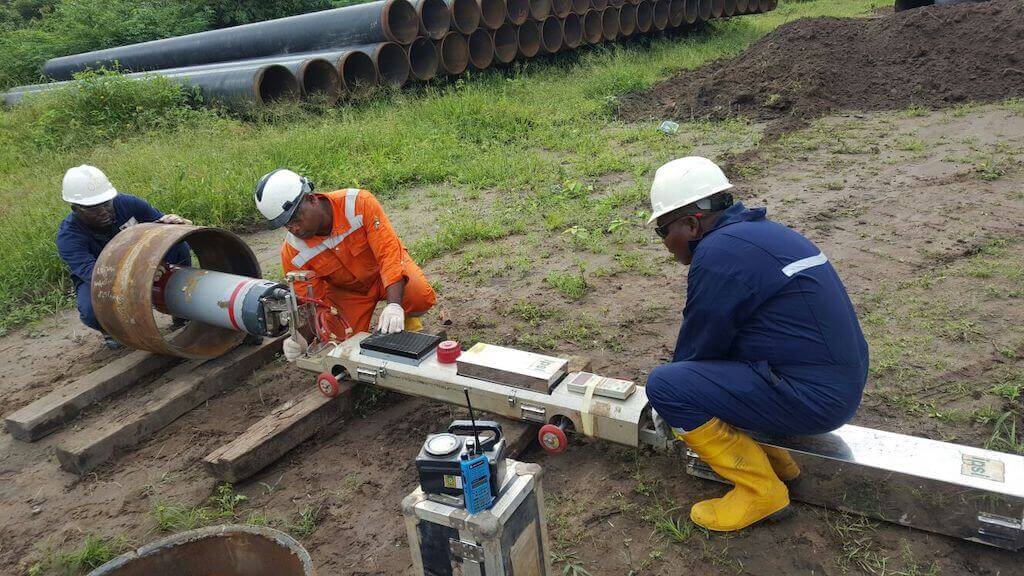
What does ARCO focus on today and how many family members are involved in its operations?
ARCO mainly focuses on downstream oil and gas services. The ARCO Group is split into four subsidiaries. ARCO Marine handles the marine logistics of the oil and gas industry. ARCO Maintenance and Engineering handles rotating and reciprocating equipment (gas turbines, steam turbines and compressors). ARCO Integrity provides testing and assessment, while the newly formed ARCO Worldwide focuses on the drone industry. At present, I am the Group Managing Director, and my wife Julie sits on the board of directors.
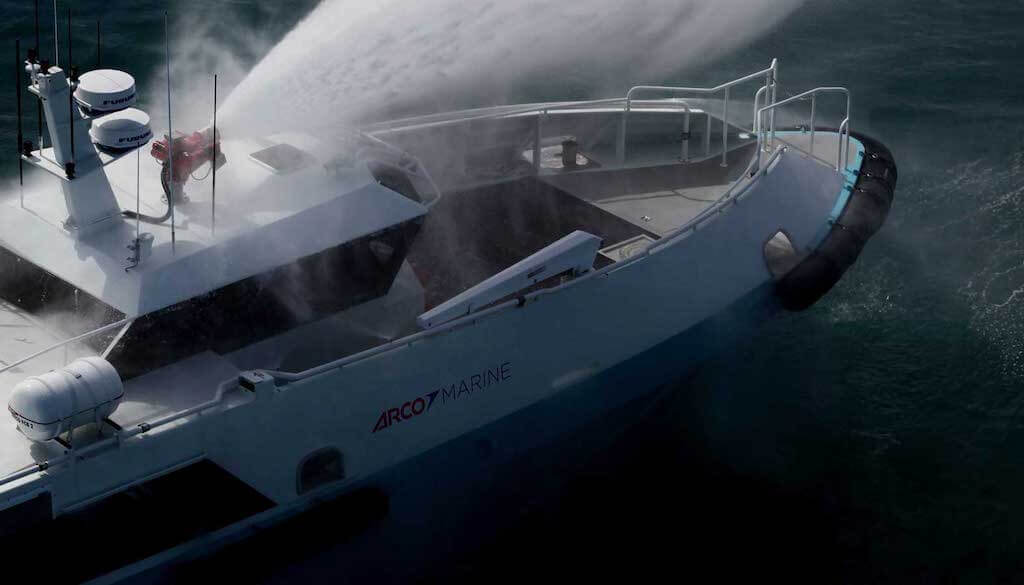
What have been the most significant milestones in ARCO’s history?
I would say the major milestone was transforming the company from a one-man operation to a publicly listed company with a clear organisational structure. This shift allowed me to take a step back to observe the bigger picture. It also helped me to think more strategically. At the time of going public, the Group was providing jobs for over 500 people. This milestone was the result of many little changes that contributed to the overall transformation – such as choosing good people, applying the right economic model and adopting a growth mindset.
Giving autonomy to the managing directors of the different subsidiaries has also had a lasting effect on how the company stands today. I made a conscious decision to develop great people so that they can build a great company that’s sustainable and can operate without the founder.
What are the elements that have changed the petrochemical industry over the past 38 years?
Numerous forces have shaped the petrochemical industry over the past 38 years, including government regulations, alternative sources of energy and technology. The reality ARCO faces today is the speed at which the world moves and the ease of access to information. When I started 38 years ago, I had to travel for hours from Warri to Lagos just to send a fax to my foreign partners. Nowadays, I can send and receive hundreds of messages from the comfort of my office. The access to more information, the ease of mobility and the entrepreneurial mentality of the youth have attracted many competitors into the industry as well. This keeps us on our toes, as we have to constantly innovate our processes and product offering to remain competitive.
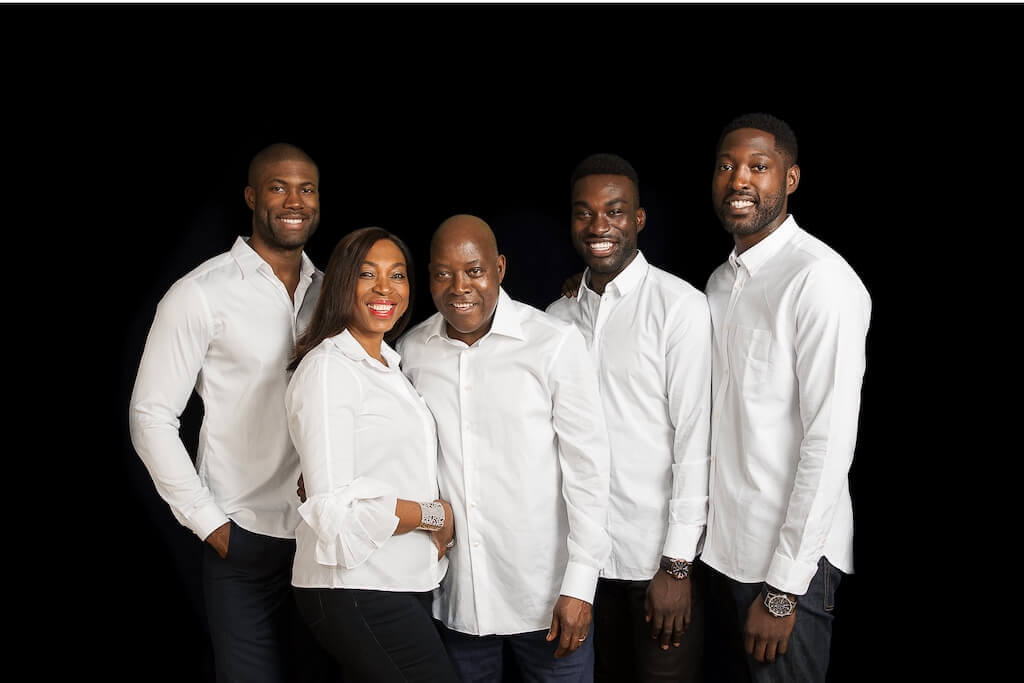
Has family ownership been an advantage for ARCO?
Family ownership has definitely been an advantage. Although family members are not directly involved in the business, we regularly brainstorm to figure out solutions to whatever problems the Group might be having. We also have the advantage of being able to make decisions quickly, since the family owns most of the company. This allows us to stay nimble and adapt to the ever-changing face of the oil and gas industry in Nigeria. Over the years, having this family structure has helped us fight adversity because we all have a stake in the company.
How are family businesses performing in Nigeria? Are you unique in being family-owned in your industry?
Most family businesses in Nigeria have a short lifespan at the moment. It’s very rare to find one that has made it past the second-generation. Most of the time, the business begins to suffer right after the founder dies. Some might blame the state of the country, but I believe it’s more about having the right mentality and succession plan. Some countries like Japan have seen hardship and war but have still produced some great family businesses.
It is essential for the founders of these companies to let go of the reins and bring family members in from early on. Albeit, this is easier said than done – I sometimes have problems letting go. ARCO is unique in being a family- owned business in the Nigerian oil and gas sector because very few companies are thinking about a long-term family succession plan. The key in the years to come will be how we can effectively leverage the wisdom of diverse and individual family members.
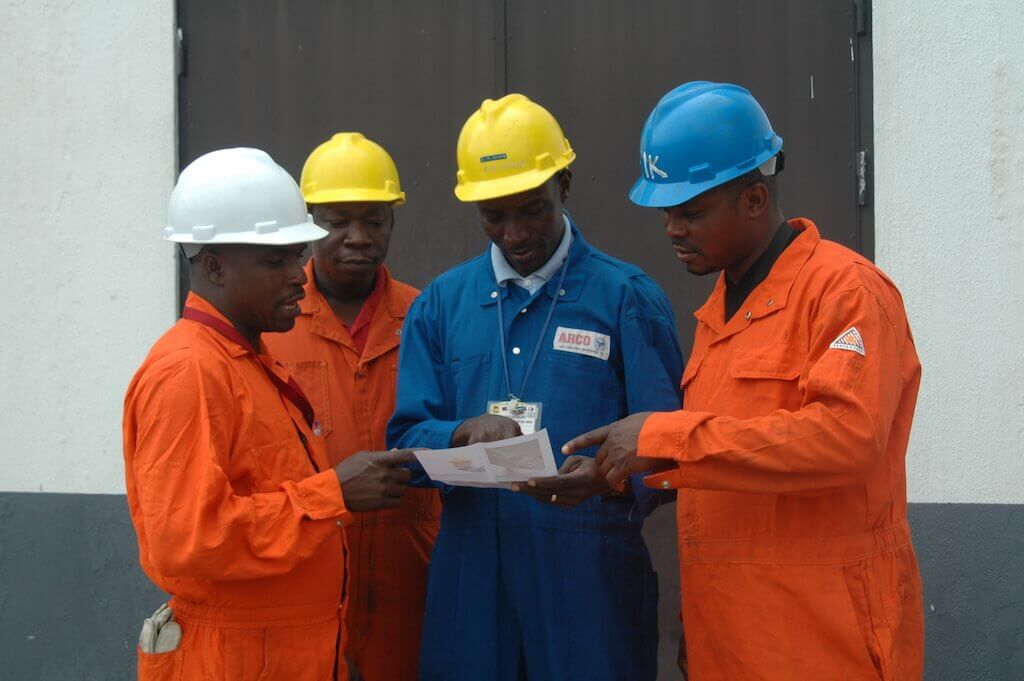
[ms-protect-content id=”4069,4129″]
How has the entrepreneurial ecosystem in Nigeria evolved since ARCO was founded?
It is very different now compared to back then. Today, there are many accelerator programs, workspaces and companies in Lagos willing to give grants to up-and-coming Nigerian entrepreneurs. Entrepreneurs also have access to so much information through the Internet. They can communicate with like-minded individuals around the world, and they are just as hungry for success.
A few Nigerian start-ups have managed to raise funds in the millions, and their businesses are thriving. Some start-ups are also securing foreign investment, which was frowned upon by the Nigerian society when I started my business. Banks were reluctant to give out big loans if you did not have some sort of collateral. We were seen as scam artists or dishonest individuals. It was much better to take up a profession like law or banking. The society encouraged graduates to get a job and work their way up the company ladder. Nowadays, more Nigerians have to create jobs for themselves because, unfortunately, there are fewer jobs available for graduates. The result has been a surge in the number of entrepreneurs the country is producing.
Paradoxically, although the country has a burgeoning entrepreneurial ecosystem, it is more difficult for Nigerian-based entrepreneurs to do business with the outside world these days due to its declining reputation. When ARCO started, international companies were eager to collaborate with Nigerians. I believe that with the right support, the youth can bring back the days where the country’s reputation was conducive to business.
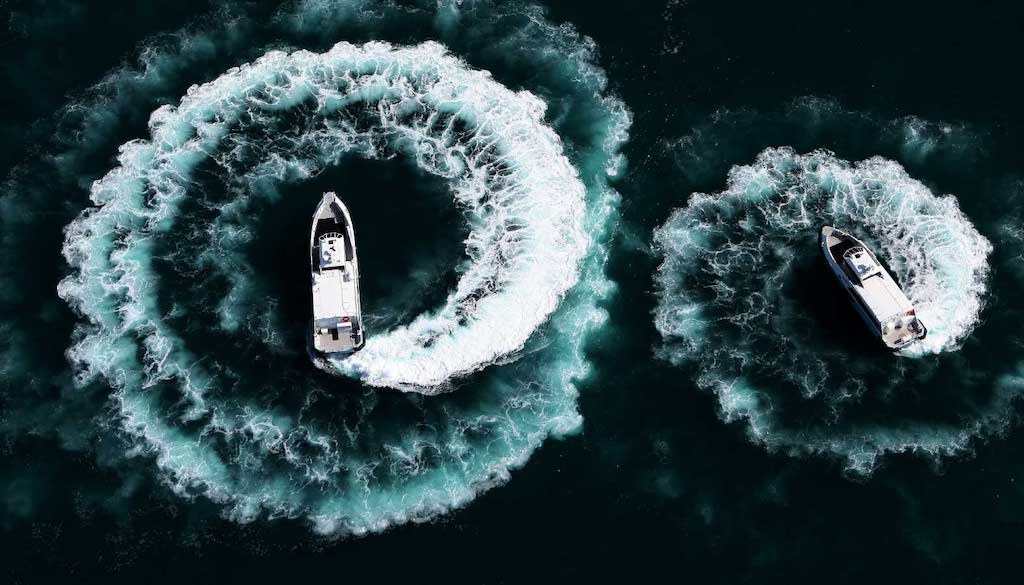
Will ARCO continue in family hands?
I don’t want to put unnecessary pressure on family members, but my children are showing interest in the company. I have made it clear that they don’t necessarily have to be part of the day-to-day running of the business. Sometimes it’s much better to hire a manager who is skilled at running particular aspects of the business while family members oversee operations. One of our main goals over the next few years is to draw up a succession plan with the right advisers to provide clarity.
My wife and I are doing our best to share as much knowledge as possible with the next-generation. We are introducing them to relevant business contacts and providing information on how the industry works. It is crucial for them to understand that the map is different from the terrain. There are certain things they must learn through experience, which schools will never teach.
What are your growth objectives for ARCO?
Our goal is to create a constellation of autonomous subsidiaries and diversify our product offering. Although we started in the oil and gas business, we don’t want to stay there. The world is changing so fast that we need to pivot where necessary to pioneer the future rather than be prisoners of the past. In the future, cars might run
on solar energy, and cities might be powered by renewable energy. This will take time, but it’s vital we maintain an adaptive mindset to tackle whatever the future holds. We also aim to acquire our own intellectual property and build a research and development department. Ideally, in the near future, we will be exporting ARCO products to the rest of the world. Some of the areas we are looking at are tech, agriculture, drones and media. We want to be seen as a Nigerian company in the global context, and our goal is for ARCO to be a billion-dollar company by 2025.
[/ms-protect-content]














